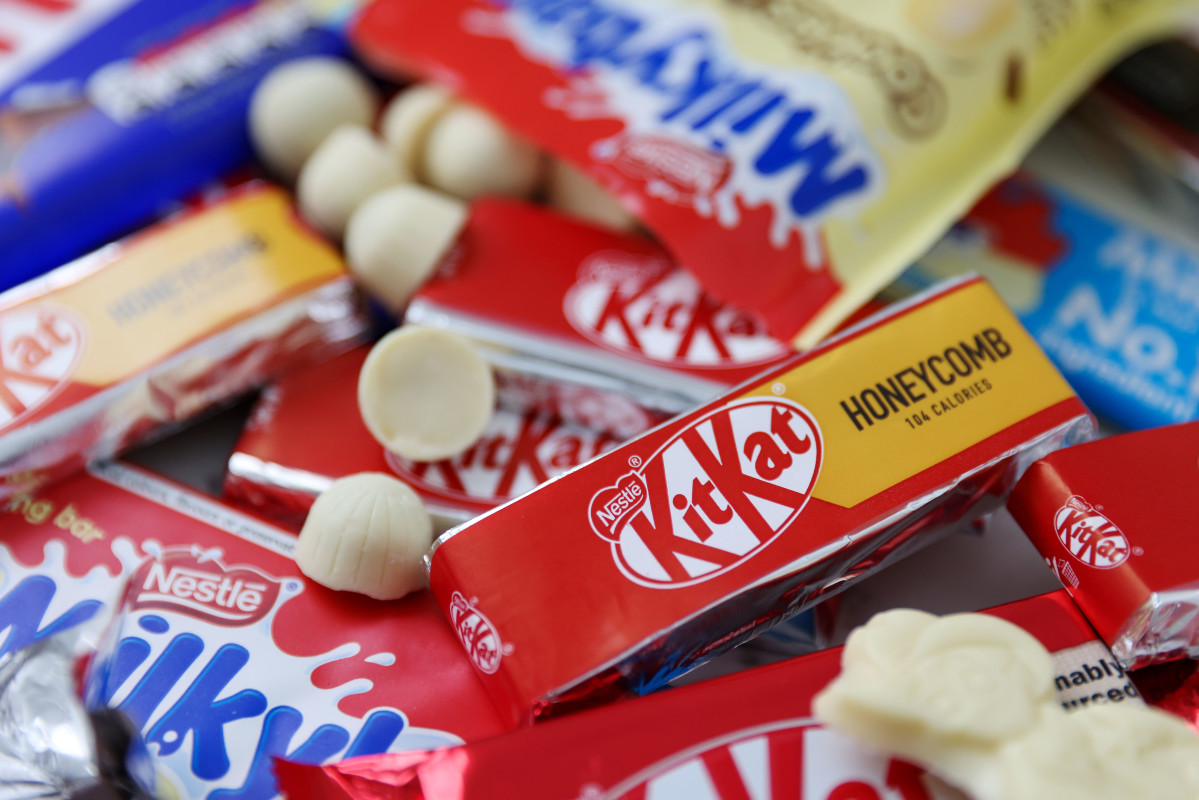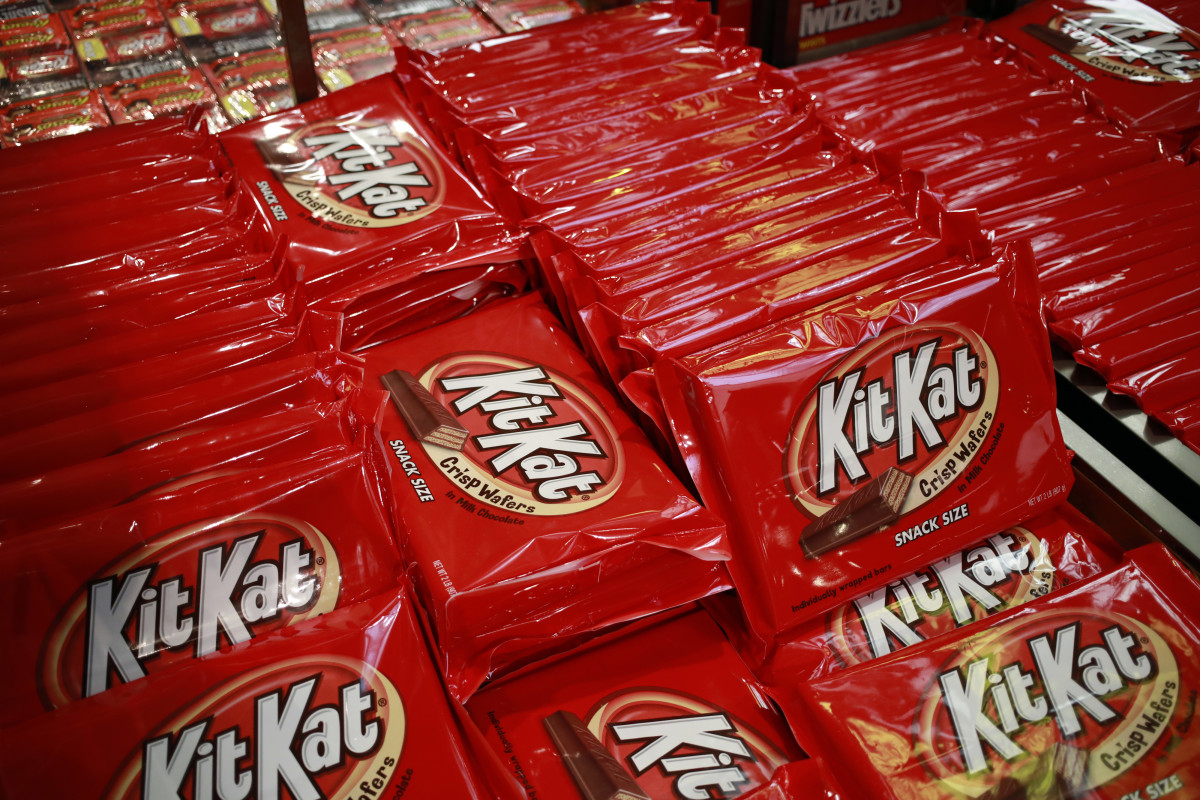
Food and drink company Nestlé (NSRGY) , which owns popular brands such as KitKat, Gerber and Stouffer’s has just dodged a proposal that would have forced the company to cut back on sales of its products that have high levels of sugar, salt and fats in its food and beverages, a move that Nestlé claimed would have restricted its “strategic freedom.”
Nonprofit organization ShareAction, who filed the proposal last month, claimed that Nestlé’s food products are “unhealthy” and has “consistently failed” to “shift the balance” of its sales toward healthier products.
Related: French supermarket drops key soft drink brand – can happen in the U.S.
“While the company claims in its mission statement that its products have ‘the power to enhance lives’, in reality three quarters of Nestlé’s global sales are unhealthy products containing high levels of salt, sugar and fats,” said ShareAction in a press release.
The proposal would have forced Nestlé to report sales figures for food and beverages based on their healthfulness. It also would have required the company to set targets to increase the proportion of sales from its healthier products.
Nestlé argued that the proposal was “wrong,” and “people can enjoy indulgent products in moderation,” according to a press release from Nestlé. The company also claimed that setting sales targets for its healthier products would “weaken” other parts of its portfolio and create opportunities for its competitors.
The proposal was brought forward for a vote during Nestlé’s annual general meeting on April 18 where 88% of shareholders voted to reject the proposal, and 11% voted in favor of it.

“While the majority of shareholders did not support the resolution, we hope that it has encouraged them to think about the public health impacts of their investments,” said ShareAction in a press release.
The vote comes amid a recent report by Public Eye that accused Nestlé of allegedly adding high doses of sugar in its products aimed towards children in poorer countries and not in countries that are in its European market.
“Our investigation shows that, for Nestlé, not all babies are equal when it comes to added sugar” reads the report. “While in Switzerland, where the company is headquartered, the main infant cereals and formula brands sold by the multinational come without added sugar, most Cerelac and Nido products marketed in lower-income countries do contain added sugar, often at high levels.”
In the midst of the controversy surrounding the ingredients in its products, Nestlé has recently seen a decline in sales. In its earnings report for the full year of 2023, Nestlé saw its total reported sales shrink by 1.5%
“Unprecedented inflation over the last two years has increased pressure on many consumers and impacted demand for food and beverage products,” said Nestlé CEO Mark Schneider in the earnings report.
Related: Veteran fund manager picks favorite stocks for 2024







